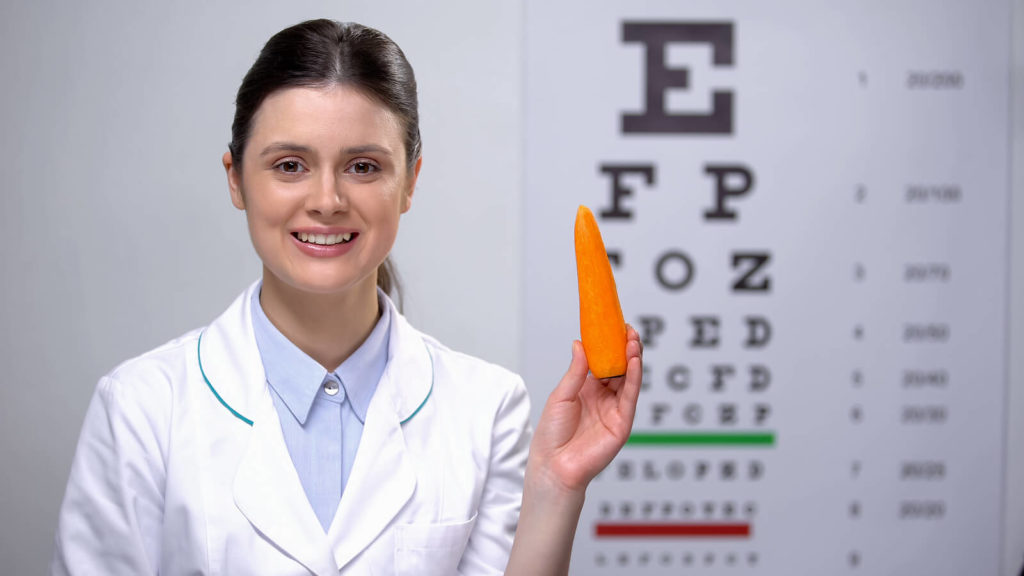March is National Save Your Vision Month! To celebrate, here are ten small steps you can take to better preserve your vision.
- Don’t Forget your Shades. UV rays can cause vision problems over time, but sunglasses filter out these harmful rays. When shopping for a pair of shades, look for lenses that block out all UV-A and UV-B rays. If you wear glasses daily, invest in a pair of prescription sunglasses or a pair of glasses with photochromic lenses.
- Know your Risk Factors. Some people are more susceptible to eye problems than others. Your family health history, current medical conditions, and lifestyle choices are all potential risk factors for developing poor eyesight. Talk to your eye doctor to find out if you are a high-risk patient.
- Care for your Contacts. Contact lenses are a fantastic alternative to glasses but can be harmful to your eyes if they are misused. Care for your contacts correctly, as specified by the manufacturer and your doctor. For example, if contacts are to be worn for one day and thrown away, don’t wear them multiple times. Also, never sleep in your contacts, and always use sterile contact lens solution to moisten and clean lenses, not water or saliva.
- Mindful Screen Usage. Eyes fatigue easily when focusing on a screen, so be sure to take frequent breaks when working on the computer. I recommend using the 20/20/20 rule, which states, “Every 20 minutes, look 20 feet away for 20 seconds.” You don’t blink as much when looking at a screen, so these short breaks give your eyes time to relax and rehydrate.
- Turn on Night Mode. Another screen-related eye saver is night mode (sometimes called “night shift”) on your devices, which filters out blue light. In addition to being harsh on your eyes, blue-tinted light from screens can disrupt your natural sleep cycle.
- Take Care of Yourself. Regular cardiovascular exercise helps reduce intraocular pressure, lowering your risk for conditions like glaucoma. On the other hand, smoking cigarettes can cause the health of your eyes to deteriorate, so it’s crucial to quit smoking if you currently do.
- Eat for your Eyes. Don’t let vitamin deficiency negatively affect your eyesight. An eye-healthy diet includes lots of the following nutrients:
- Vitamin C
- Vitamin E
- Zinc
- Lutein
- Zeaxanthin
- Omega-3 fatty acids
Be sure to consume an array of whole foods, including vegetables and fruits. And, of course… stay hydrated!
- Safety First! Traumatic eye injuries can often be prevented with the right equipment. Wear appropriate eye protection during hazardous tasks, such as working with power tools or dangerous chemicals.
- Don’t Wait. Notice a change in your vision or your eyes in general? See your doctor right away! These could be early warning signs of problems that, if left unchecked, will worsen over time.
- Set Up an Appointment. Lastly, see your eye doctor regularly. If you haven’t had an exam in over a year, call to make an appointment today!







